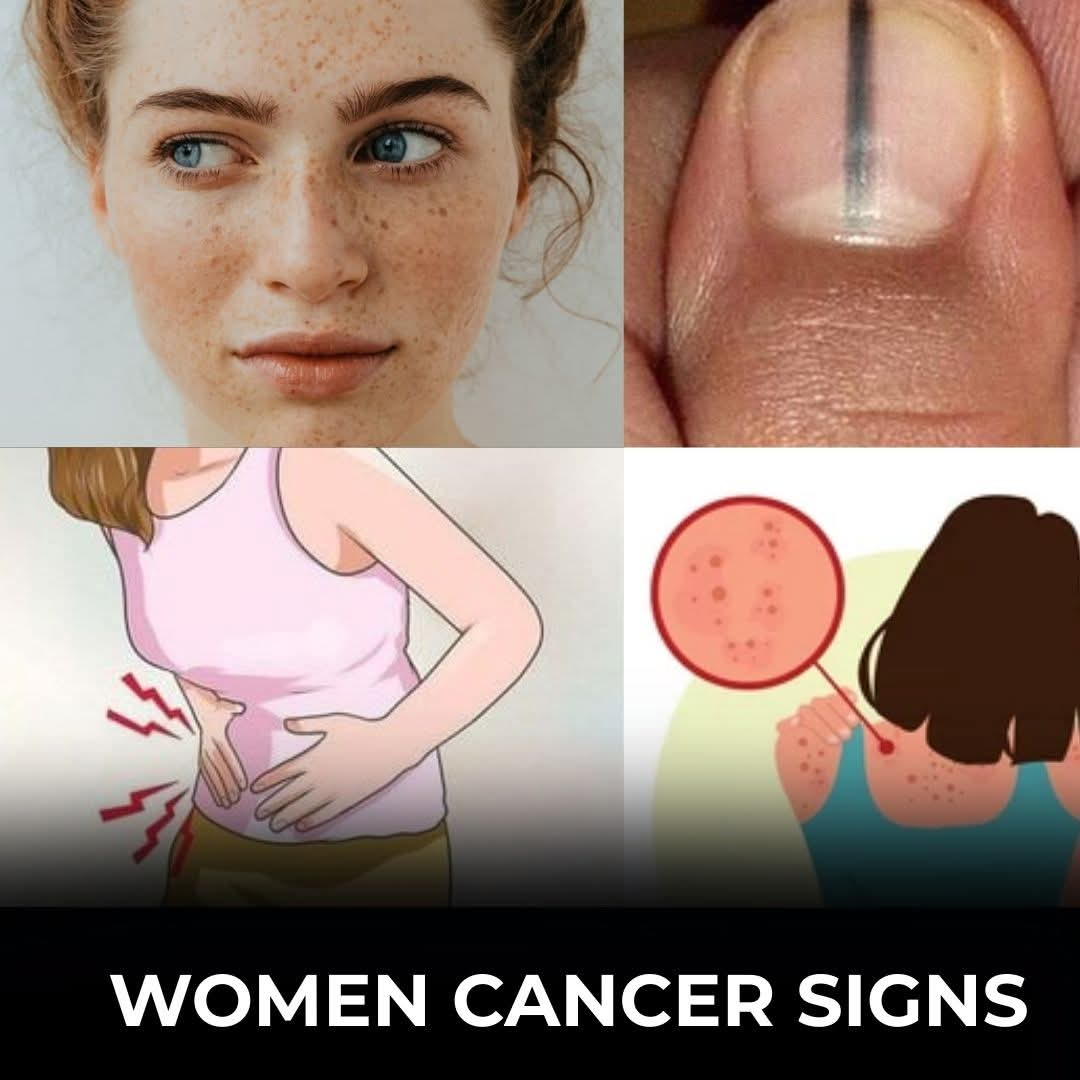10 Cancer Warning Signs Women Often Overlook

Cancer is one of the leading causes of death worldwide, and women are often the hardest hit by certain types of the disease. While some signs of cancer are easy to spot, others are subtle and can be easily overlooked. Early detection is crucial for improving treatment outcomes, but many women don’t recognize the warning signs of cancer until it’s too late.
Here are 10 cancer warning signs that women often overlook but shouldn’t ignore:
1. Unexplained Weight Loss
Sudden and unexplained weight loss can be a red flag for several types of cancer, including cancers of the pancreas, stomach, esophagus, and lungs. If you’ve lost more than 10 pounds without changing your diet or exercise routine, it’s worth consulting with your doctor to rule out any underlying conditions.
2. Persistent Fatigue
While fatigue is common, persistent exhaustion that doesn’t improve with rest could be a warning sign of leukemia, colon cancer, or ovarian cancer. If you feel tired no matter how much you sleep or rest, this could indicate something more serious.
3. Changes in Your Skin
Any sudden or unusual changes in your skin, such as new moles or changes to existing moles (shape, size, color), could signal skin cancer. Women with a history of sunburns or tanning bed use are at a higher risk. Always monitor your skin and get any changes checked out by a dermatologist.
4. Unexplained Pain
If you experience unexplained or persistent pain, such as headaches, back pain, or abdominal pain, it could be an early sign of cancer. For example, persistent headaches might indicate brain cancer, while abdominal pain could signal ovarian or colon cancer. Don’t ignore pain that lingers for no clear reason.
5. Unusual Bleeding or Discharge
Unexpected bleeding, such as between periods, after sex, or post-menopause, could indicate cervical, uterine, or ovarian cancer. Any abnormal discharge or blood in the urine or stool should be investigated promptly. Early detection of these signs can save lives.
6. Changes in Bowel or Bladder Habits
A sudden and unexplained change in bowel movements — such as diarrhea, constipation, or blood in your stool — could be a warning sign of colorectal cancer. Additionally, frequent urination or difficulty urinating could be linked to bladder cancer. Pay attention to any significant changes and consult your doctor.
7. A Persistent Cough or Hoarseness
A cough that doesn’t go away, especially if accompanied by blood, could be a symptom of lung cancer. Hoarseness that doesn’t improve might also signal cancer of the throat or larynx. If these symptoms persist for more than a few weeks, a check-up with your doctor is essential.
8. Difficulty Swallowing
If you notice difficulty swallowing, persistent heartburn, or a feeling that food is stuck in your throat, it could be a symptom of esophageal or throat cancer. Early intervention is key to managing these cancers, so don’t ignore any swallowing difficulties.
9. Lumps or Thickening in Breasts or Other Areas
Breast cancer is one of the most common types of cancer among women, and finding a lump in your breast can be alarming. However, lumps or thickening can also appear in other areas of the body, such as the neck, armpits, or groin. Any unexplained lump should be checked by a healthcare professional, especially if it’s hard or immovable.
10. Changes in Appetite
If you suddenly lose your appetite or feel full after eating only small amounts of food, it could indicate cancer of the stomach, pancreas, or liver. This symptom, combined with weight loss and fatigue, should be evaluated by your doctor.
Final Thought
Recognizing early warning signs of cancer can be life-saving, but many women overlook subtle symptoms. If you experience any of these warning signs, it’s important to seek medical attention promptly. Remember, early detection increases the chances of successful treatment and recovery.
Take charge of your health today: If you notice any changes in your body, trust your instincts and consult a healthcare professional. Your health is your priority.






